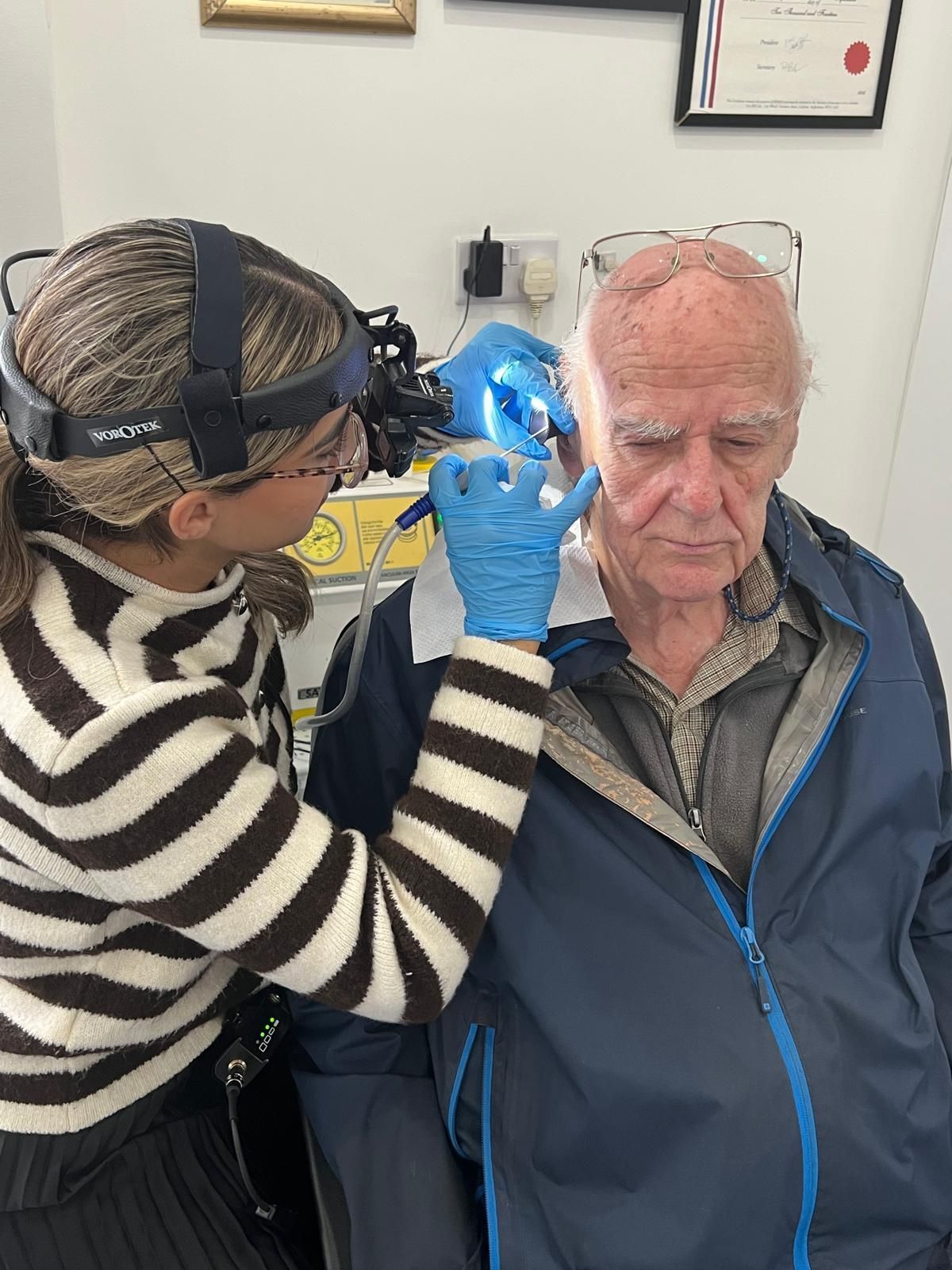Hearing Aids can Change Your Life
Hearing aids can significantly impact your life if you suffer from mild, moderate, or severe hearing loss. Hearing aid technology has evolved from bulky and conspicuous devices to today's sleek and discreet options. They now have advanced features such as digital signal processing (DSP), noise reduction, directional microphones, and wireless connectivity. Such features allow for effective and user-friendly devices that doctors can personalise to an individual's hearing needs and preferences.
4 Ways Hearing Aids Can Change Your Life
If you are suffering from hearing loss, hearing aid devices can immensely improve your life in the following ways:
1. Improved Communication
Hearing aids can act as a bridge between an individual with hearing loss and the world around them. For example, suppose you are in a business meeting where decisions are being made but struggle to hear and understand the conversation. In that case, you may be left out of vital decisions. With the help of hearing aids, you can fully participate in the meeting, contribute to the discussion, and make informed decisions.
2. Enhanced Quality of Life
Hearing aids can open up (or help you rediscover) a new world of sound, allowing you to experience the beauty of music, the laughter of friends and family, and the joy of nature. If you love gardening but have been missing out on birds chirping and the rustling of leaves due to hearing loss, hearing aids can help you fully appreciate the tranquility of your garden once again.
3. Reduced Relationship Strain, Anxiety, and Depression
Relationships with friends and family are essential pillars of a meaningful life. Hearing loss can cause frustration and misunderstandings in relationships. But hearing aids can ease this strain by allowing individuals to understand and participate in conversations with their loved ones.
Hearing loss also impacts your socialising ability and can lead to isolation, anxiety, depression, and self-consciousness. By improving communication and enhancing your quality of life, hearing aids can help to boost self-esteem.
4. Improved safety
Hearing loss can make it difficult to hear important sounds such as car horns, alarms, shouts for help, and emergency sirens or warnings, putting your life at risk. Hearing aids can help improve your safety by making listening to these crucial sounds easier, whether in your home, on the road, or within your worksite.
Hearing Aids May Change Your Life
If you suffer from hearing loss, consult Sid and Sukhina, here at Ealing Hearing Centre for more advice and guidance on if hearing aids are the best option for your hearing loss.
Hearing aids are becoming more advanced and can be integrated with other technologies, such as smartphones, allowing for additional features providing additional benefits that can improve your life. Let us help you hear better today!



